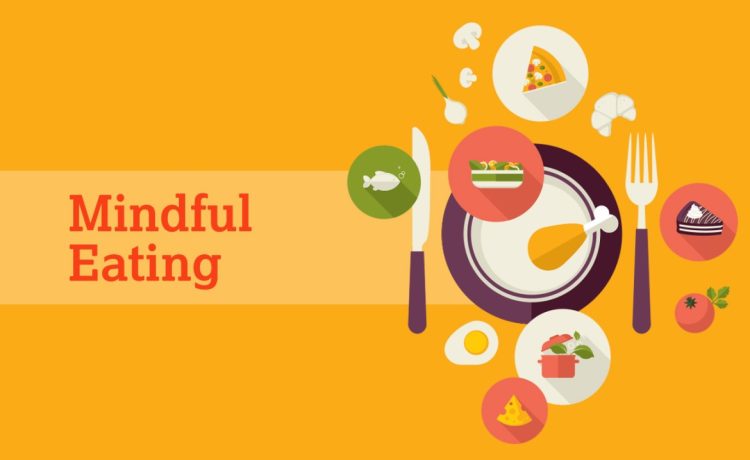Embarking on a journey to mindful eating opens the door to lasting healthy habits. Consist mindful eating involves attention to experiences and physical cues during meals. With origins in Buddhist meditation, this approach treats conditions from anxiety to eating disorders through awareness of emotions while dining.
As services for weight loss evolve, integrating mindfulness becomes essential. It’s not merely about what one eats but also about engaging thoughtfully with each bite.
Understanding Mindful Eating Benefits
Mindful eating turns mealtime into a practice of awareness, helping you recognize hunger and fullness signals. Eating quickly often leads to overeating because your brain needs time to realize you’re full; mindful eating slows this process down. Paying attention can tell apart emotional cravings from actual physical hunger.
Recognizing what triggers these urges gives you control over responding without haste or habit. In terms of shedding pounds, consider that most diets fail long-term – many regain the weight within years.
Mindful eating may offer sustainable change by altering one’s relationship with food rather than focusing solely on restriction. This aligns well with services like Lincoln Weight Loss, which aims to create lasting healthy habits.
Strategies for Conscious Food Choices
Focus on what you eat for fuel to make smart food choices. Eat plenty of veggies, fruit, lean protein, and whole grains to feel energized. Avoid too much salt, fat, or sugar; they can mess with your mood and zap energy.
Notice how different snacks affect your pep; compare an apple with peanut butter versus candy bars. Pay attention to cravings tied to emotions like stress or sadness to know which treats tempt you into eating more than needed. Pause before snacking when upset, and don’t be hard on yourself for indulging occasionally.
Eat without distractions so you truly enjoy each bite’s taste and texture without the lure of screens pulling your focus away from the experience of a good meal. Keep track for a few days in a journal, noting not only foods but also times eaten plus feelings at those moments.
Cultivating Daily Mindfulness at Meals
To eat mindfully every day, focus on your food. Choose a small plate for meals; don’t pile it high. Taking tiny bites and chewing well lets you enjoy each flavor fully and helps prevent fast eating that can lead to overeating before the body feels full.
Avoid rushing through meals or skipping them entirely; both habits might push you towards unhealthy, quick foods due to strong hunger. Set meal times regularly, allowing plenty of time to savor your food without hurrying or being distracted by screens or work calls, which steal from the experience. Instead of processed meats rich in saturated fats, leading to health risks such as heart disease and colon cancer, opt for plants; they’re healthier for you and less taxing on our planet’s resources.
Remember, mindfulness means being present with every bite instead of multitasking during meals, which links to anxiety and weight gain. Stay aware and avoid emotional binge eating by distinguishing between actual hunger and emotional cravings.
Mindful eating fosters a strong connection with food. Pay attention to flavors, chew slowly, and recognize hunger cues. Practicing this can boost your journey with Lincoln Weight Loss by shaping sustainable habits for long-term health benefits.
Embrace each meal as an opportunity to nourish the body consciously; it’s not just about what you eat but how you eat that sets the foundation for a healthier lifestyle. Start applying these principles today; notice positive changes in mind and body over time.















